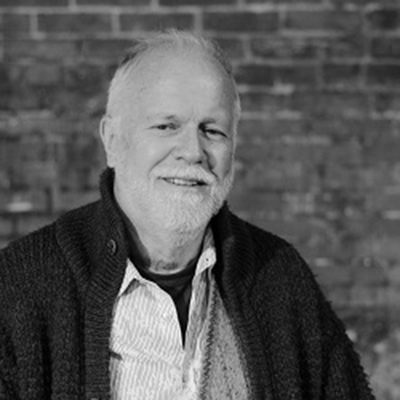Jim Ralston

Jim Ralston has entered old age with faith, hope, fear, and trembling — the same mingling of strengths and shortcomings he has always felt. He teaches at Blue Ridge Community and Technical College in West Virginia.
— From July 2022Hard Labor
Thoreau And The Meaning Of Work
More than any other commonplace notion, Thoreau attacked (largely through satire) his fellows’ commonplace notions about work. “Economy” is the first and largest chapter of Walden, and Thoreau gives the subject such primary consideration because he saw work consuming people’s lives before they had much of a chance to live, before they had enough time to reflect on the relationship of work to life for themselves. To Thoreau, the problem of finding one’s right work and integrating it into other proper demands on one’s life was a challenge that needed to be tackled early and with great energy if young adults weren’t going to step blindly into traps that were indeed much easier to step into than to get out of.
November 1986The Choice Of Emptiness
The question becomes, how do we become aware of the limitations culture imposes on us from inside those limitations? How do we see through blind eyes? How do we begin to unclothe ourselves to return to our original nakedness, when we are taught that the clothes are us?
April 1984The Choice Of Emptiness
I am more and more convinced that only emptiness is creative. On all levels this is true. To be full of tradition is to have no room for the new. To be full of responsibility is to have no room for play. To be full of activity is to have no room for reflection. To be full of self is to have no room to receive another.
January 1983